Low sales, costly updates and end-of-life-cycle are a few reasons why these cars, SUVs were discontinued.
2022 has seen its fair share of launches, but it also saw a bunch of cars being discontinued. Many of these were discontinued as they reached the end of their life cycle or because they were too outdated compared to their more modern rivals. Then there were others that were discontinued as they were not economical to be kept on sale. Here’s a list of cars that were killed off in 2022.
Datsun Go, Go+, Redigo
While this list is about cars that were discontinued, Datsun as a whole also exited the Indian market. Nissan decided to pull the plug on its Datsun brand in April this year and with it, took the Go, Go+ and Redigo. This came after the brand announced its strategy of discontinuing the brand globally. Furthermore, poor sales was also one of the reasons to exit the market as between January and December 2021, Datsun managed to sell only 4,296 units. In contrast, Renault sold more than 30,000 units each of the Kwid and Triber in the same period.
Mahindra Alturas G4
Mahindra silently discontinued the Alturas G4 in India recently by delisting the SUV on its website. The Alturas G4 barely made a dent in Mahindra’s sales figures and a lack of significant updates meant it failed to attract prospective buyers. Towards the end, the Alturas G4 was offered in a single, fully-loaded 4×2 High variant – launched in September – that replaced the erstwhile 4×2 and 4×4 variants. Since Mahindra sold the SsangYong brand recently, a lack of CKD (completely knocked down) kits also explains why the production of the SUV was stopped. The upcoming real driving emissions (RDE) norms could also be the final nail in the coffin for the Alturas G4, as recalibrating a slow-selling model would have been expensive.
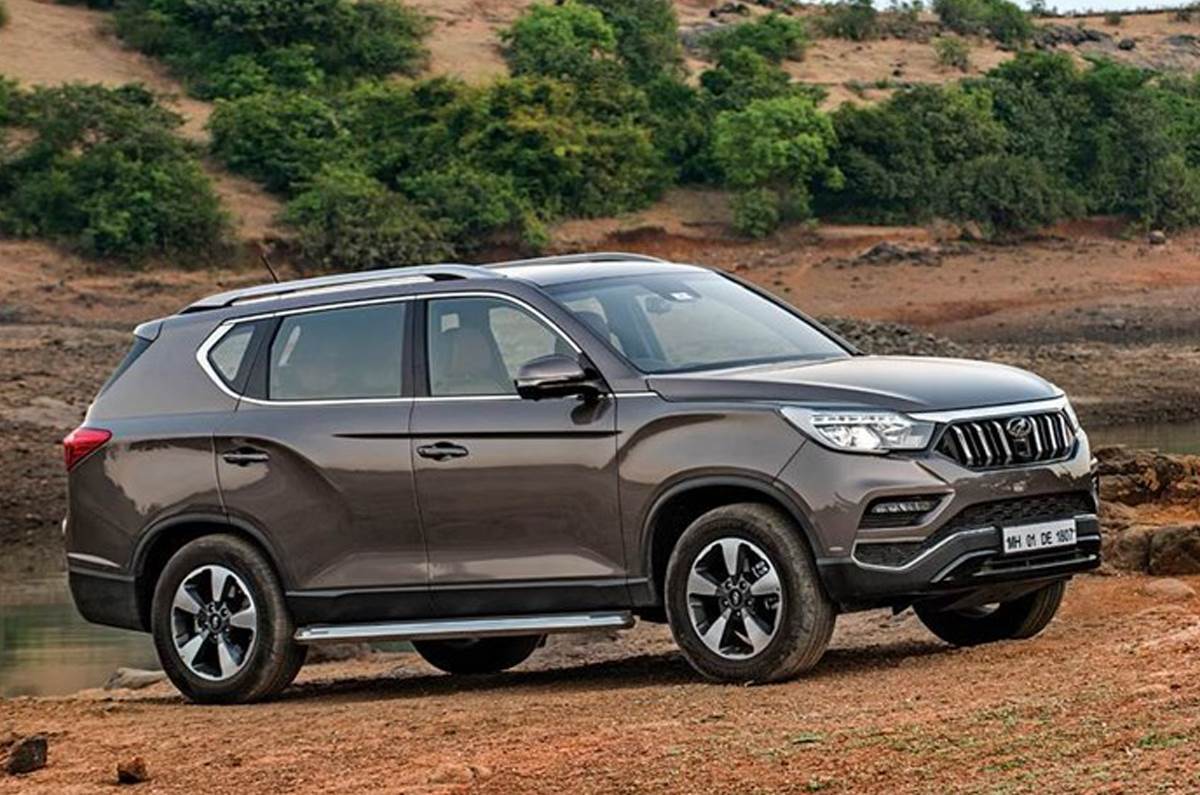
Maruti Suzuki S Cross
Introduced back in 2015, the S Cross also started the Nexa chain of dealerships for Maruti Suzuki, with the brand selling 1.69 lakh units of the S Cross since launch. It rivalled the popular-at-the-time Renault Duster and Hyundai Creta in the booming midsize SUV segment. Initially, it was offered with two Fiat-sourced diesel engines – an 89hp 1.3-litre unit and a 117hp 1.6-litre unit. In 2020, Maruti Suzuki discontinued its diesel engines, and the S-Cross came with only a 1.5-litre petrol engine. While a newer model of the S Cross was unveiled globally last year, Maruti Suzuki pulled the plug on the S Cross in India to make way for its new flagship, the Grand Vitara.
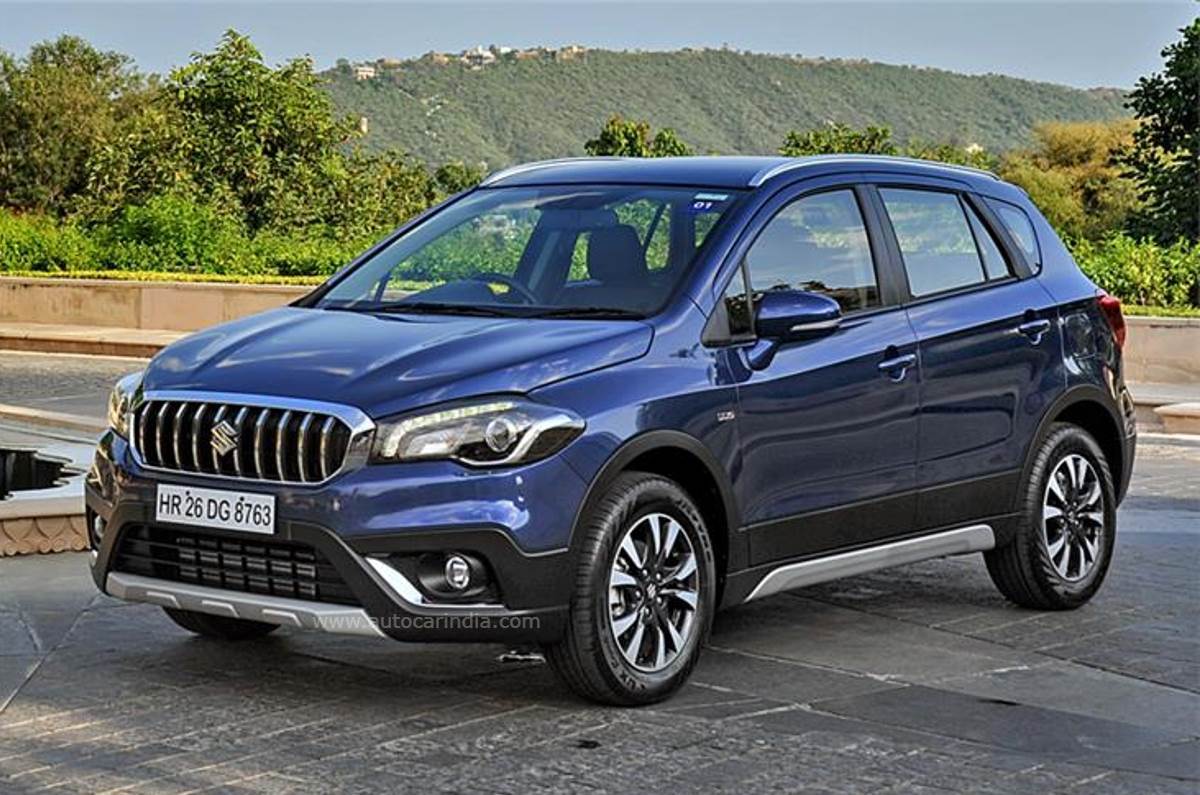
Hyundai Grand i10 Nios/ Aura diesel
The Grand i10 Nios and the Aura were the most efficient diesel engines in their segments, with both getting a claimed fuel efficiency of 25kpl. Changing consumer preference from diesel to petrol, low sales, and the high cost of re-engineering diesels for the RDE norms could be among the reasons why Hyundai pulled the plug on the diesel engine. Both models are now offered with a choice of petrol, turbo-petrol and CNG powertrains.
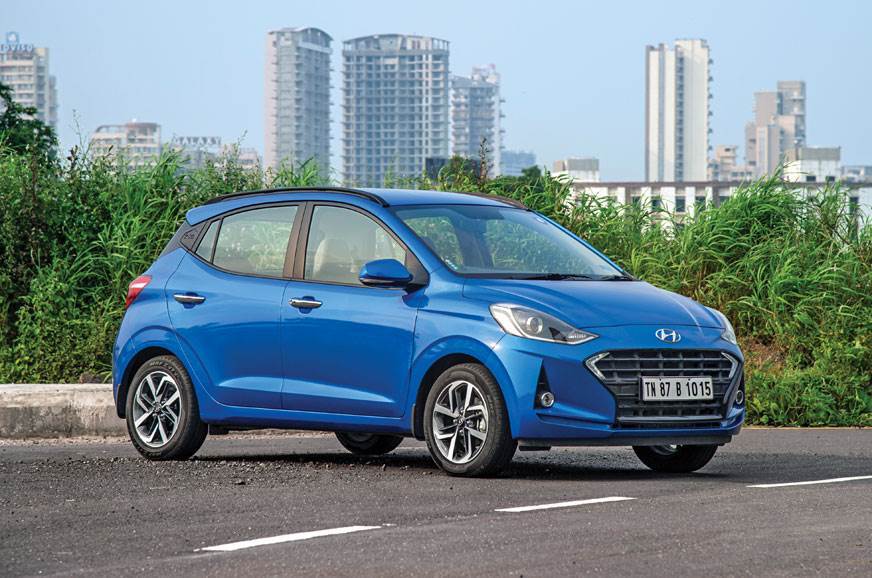
Hyundai Elantra
Hyundai Elantra was one of the last executive sedans available on sale in India, with the final one – Skoda Octavia – bowing out next year. The Elantra was the biggest sedan Hyundai offered in India and was last updated in 2019. Hyundai silently discontinued the car this year and has no plans to bring it back since the brand says the next-gen Verna will be big enough to cover the midsize and executive sedan segments.
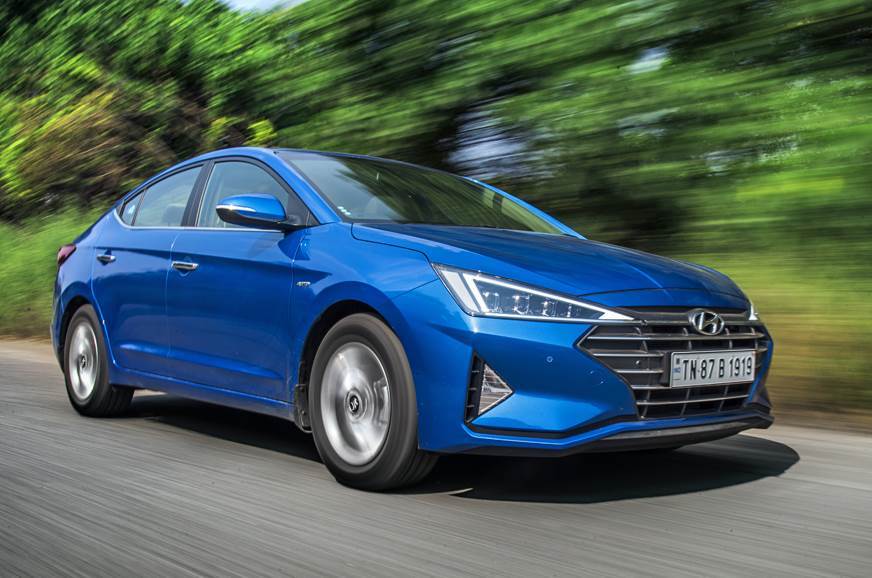
Hyundai Santro
The original Santro, launched in 1998, was a game-changer for Hyundai in India. However, the second generation that hit the market 20 years later failed to match the success of its predecessor. Despite enjoying good sales initially, the Santro couldn’t match up to its rivals in the entry-level hatchback segment due to its higher price. At launch, its higher variants were pricier than the now-discontinued Grand i10, which offered more space and a more powerful engine. Other reasons could be the government’s new norms on mandatory six airbags and the upcoming RDE norms, which made re-engineering the car an expensive ordeal.
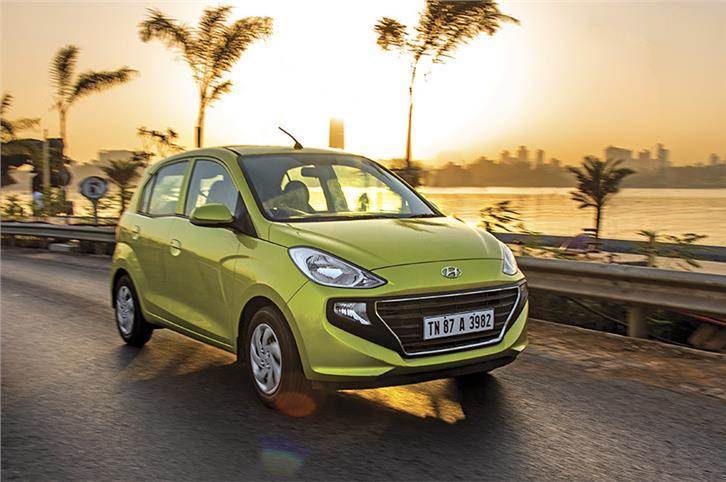
Renault Duster
Renault introduced the Duster in India in 2012 and it went on to become the most popular offering by the French brand, selling nearly 40,000 units in its first year of production. The Duster was also the SUV that kickstarted the monocoque midsize SUV segment in India, which has become a very popular segment. While it was launched with 1.6-litre petrol and a 1.5-litre diesel engines, Renault also offered the Duster with a 1.5-litre petrol and a 1.3-litre turbo-petrol engine later on when it discontinued the diesel. The Duster also got an all-wheel drive system that was popular with SUV enthusiasts. It received very few updates during the decade it was on sale, which is why it became outdated in comparison to its rivals.
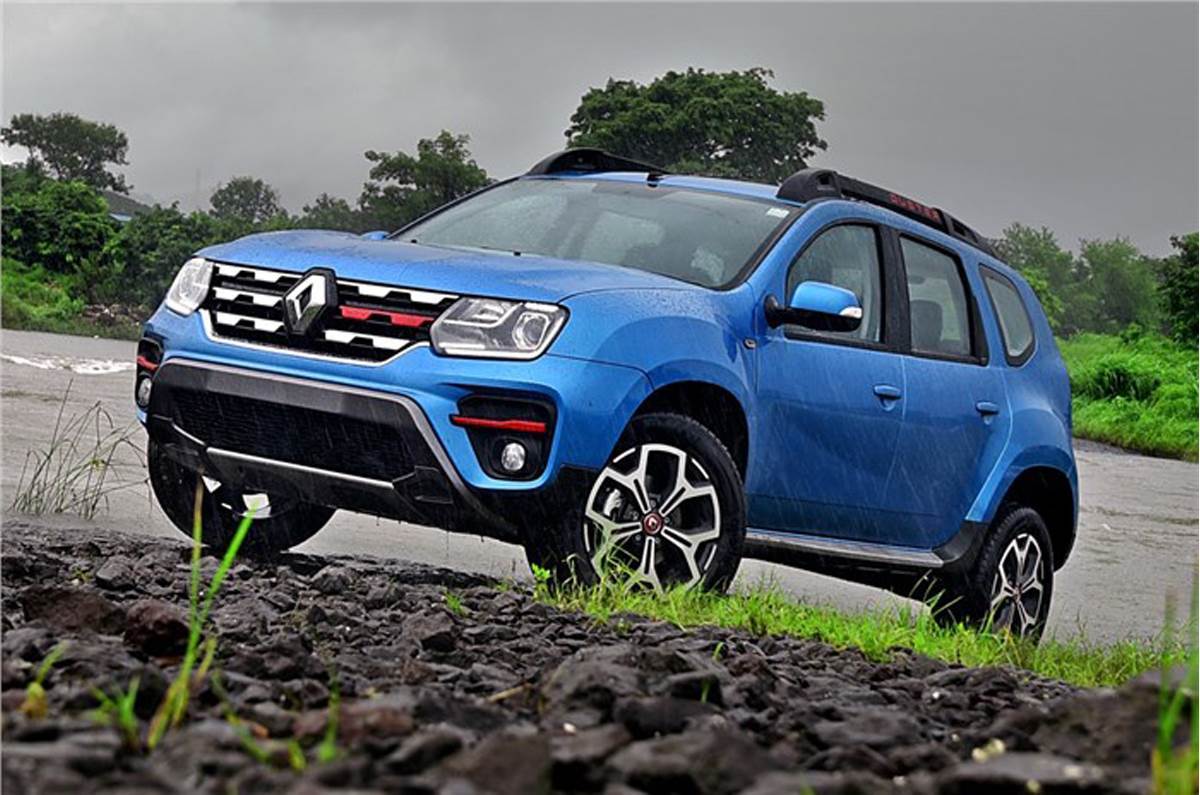
Toyota Urban Cruiser
The only car on this list with the shortest life span – just two years – was the Toyota Urban Cruiser, a rebadged version of the Maruti Suzuki Vitara Brezza. It averaged sales of around 2,200 units per month. A reason for Toyota pulling the plug on the Urban Cruiser could be that re-engineering the new Brezza would demand a hefty premium over the Maruti and bring its price closer to the Urban Cruiser Hyryder.
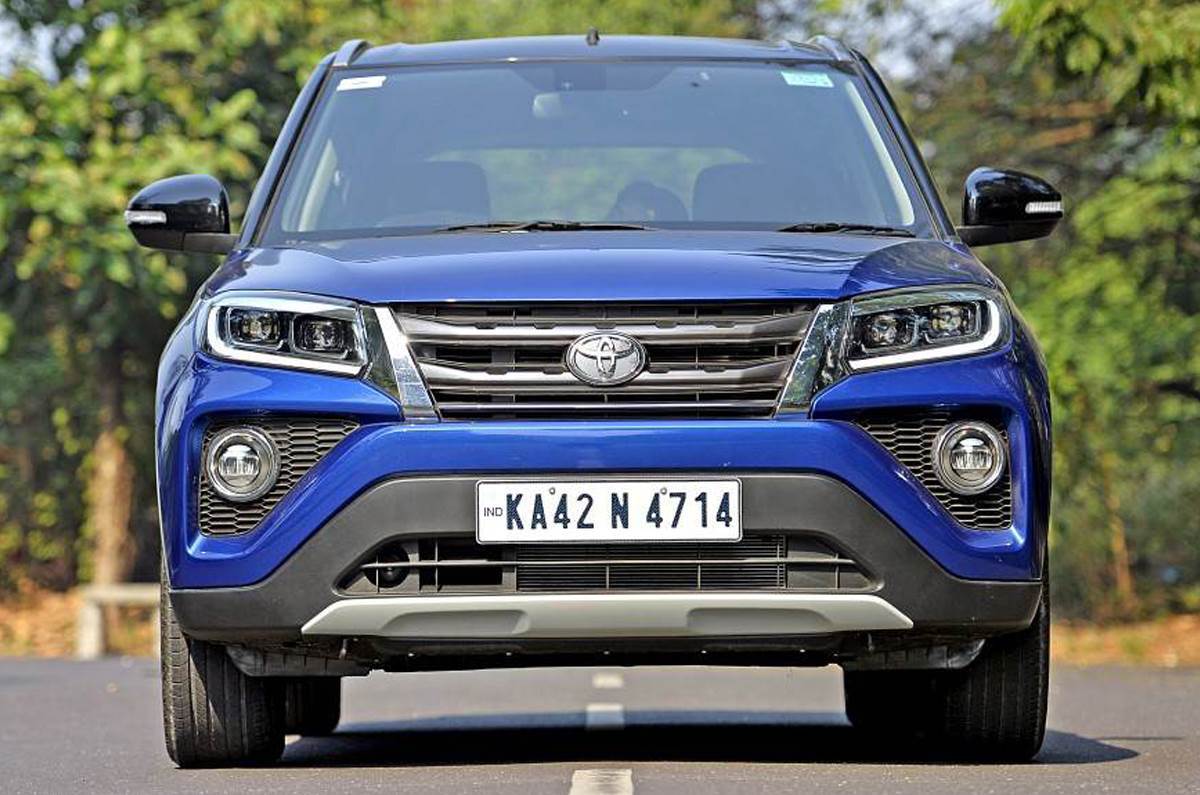
Volkswagen Polo
One of the most revered hatchbacks by auto enthusiasts, the Volkswagen Polo was discontinued in India after a 12-year stint. It was also the brand’s most popular model here with over 2.5 million units sold. Over the course of its life, the Polo received multiple updates, cosmetically and mechanically, with India also getting the high-performance Polo GTI, albeit in limited numbers. Dwindling sales and its age meant it was time for the Polo to bid adieu, but, in the larger scheme of things, it was discontinued to streamline production for Volkswagen.
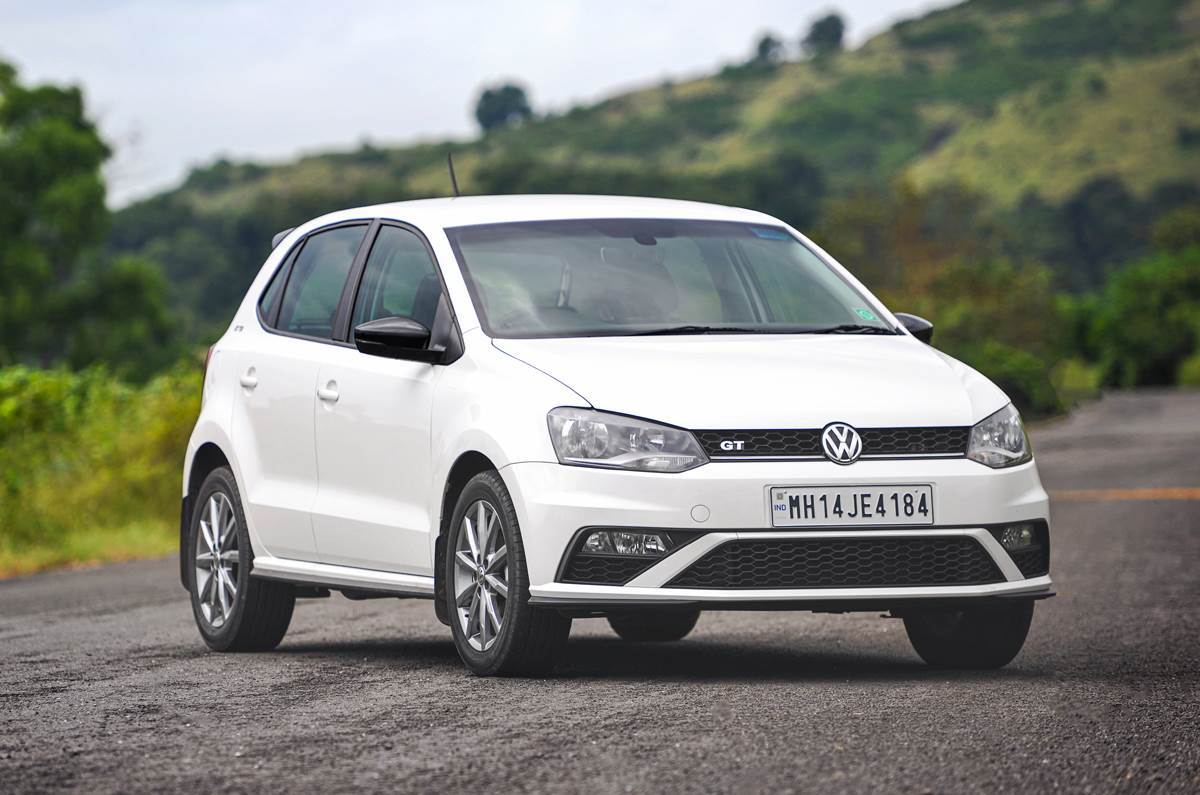
Also see:
Best of 2022: Top 5 most popular car, SUV comparisons
Best of 2022: Most watched car, SUV video reviews
Best of 2022: Most popular car, SUV reviews
Best of 2022: Most popular bike, scooter reviews
























